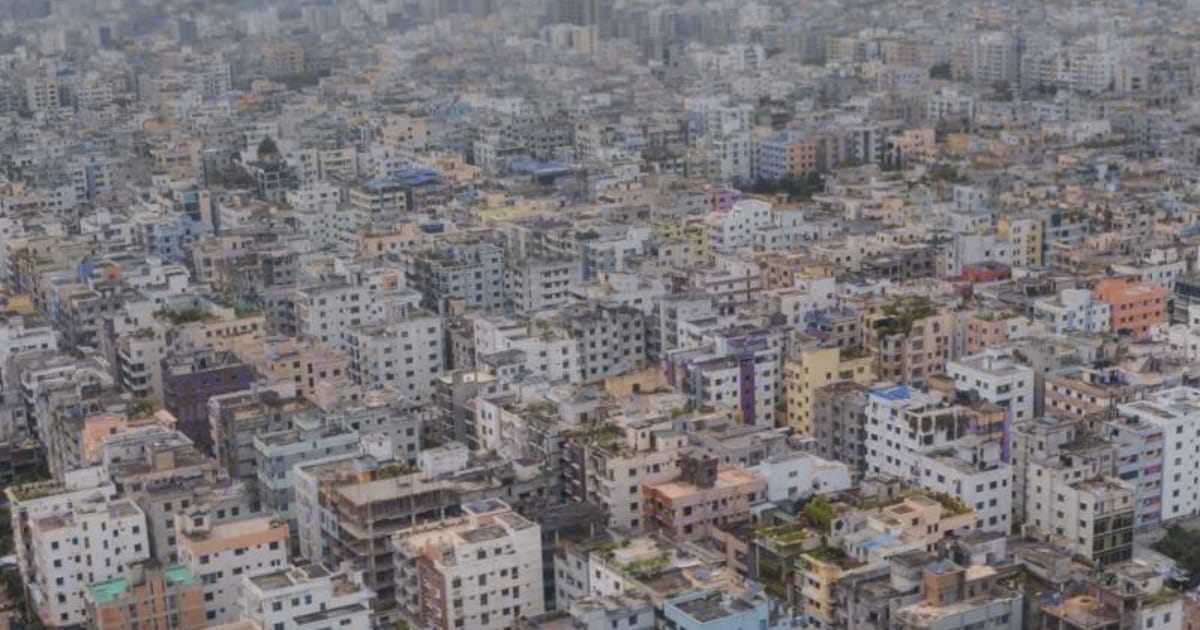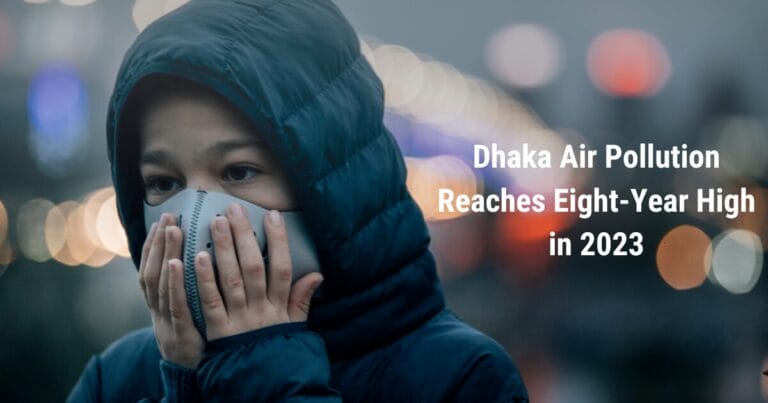Dhaka Air is Ranked as The Second-Worst Air Quality in The World
Dhaka has recently been ranked as having the second-worst air quality in the world. On a Sunday morning, the city’s Air Quality Index (AQI) score reached 272, categorizing its air as ‘very unhealthy‘.
This alarming situation places Dhaka just behind Karachi, Pakistan, which topped the list, and ahead of Kolkata, India, and Accra, Ghana.
The AQI is a tool used to communicate how polluted the air is or how polluted it is forecast to become. In Dhaka, air quality is measured based on various pollutants, including particulate matter (PM10 and PM2.5), nitrogen dioxide (NO2), carbon monoxide (CO), sulfur dioxide (SO2), and ozone.
The city’s struggle with air pollution is not new; it has been an ongoing issue, particularly worsening during the winter months and showing some improvement during the monsoon season.
The AQI operates on a scale from 0 to 500, where higher values represent worse air quality and greater health risks. An AQI value between 101 and 150 is considered ‘unhealthy for sensitive groups’, while a score between 150 and 200 is deemed ‘unhealthy’.
Dhaka’s score of 272 falls into the ‘very unhealthy’ category, indicating serious health risks for residents. An AQI of over 301 is categorized as ‘hazardous’.
The World Health Organization (WHO) has highlighted the severe impact of air pollution on global health. It is estimated that air pollution kills around seven million people worldwide each year.
The primary health concerns associated with poor air quality include increased mortality rates due to stroke, heart disease, chronic obstructive pulmonary disease, lung cancer, and acute respiratory infections.
Dhaka’s ranking as the city with the second-worst air quality globally is a significant concern for its residents’ health and well-being. The high levels of air pollution highlight the need for urgent action and effective policies to improve air quality and reduce the health risks associated with air pollution.
As cities worldwide grapple with similar issues, Dhaka’s situation serves as a reminder of the importance of environmental health and the need for sustainable urban planning and pollution control measures.







